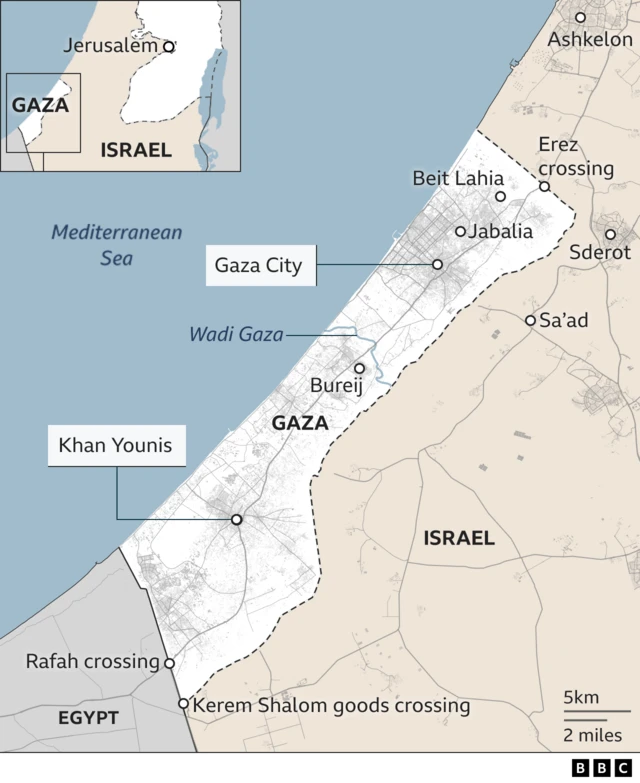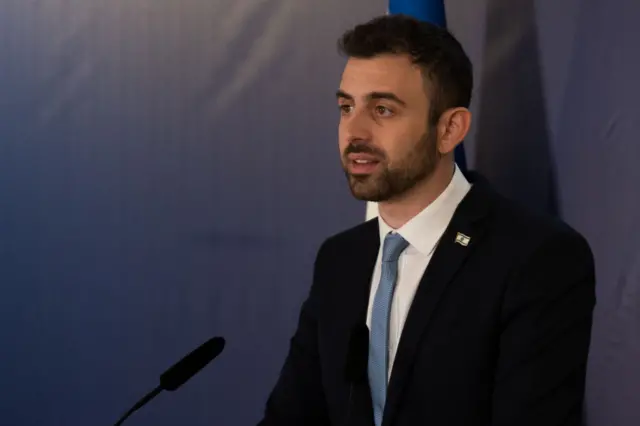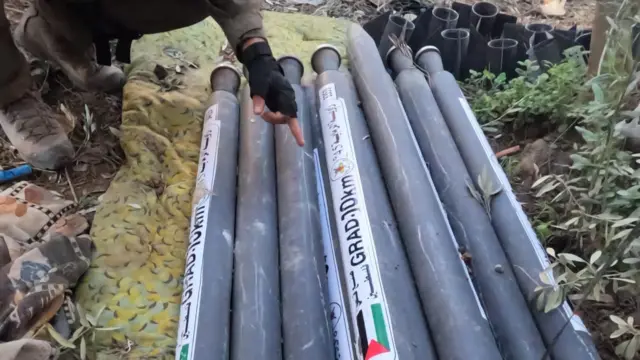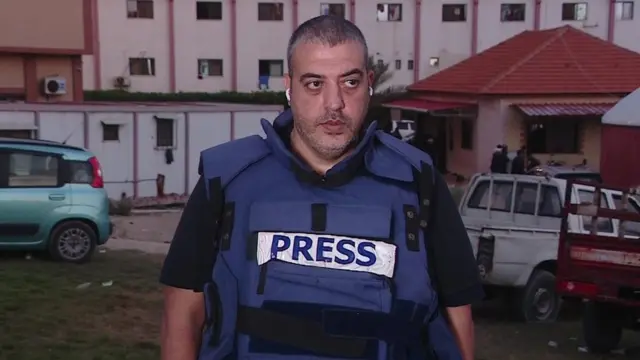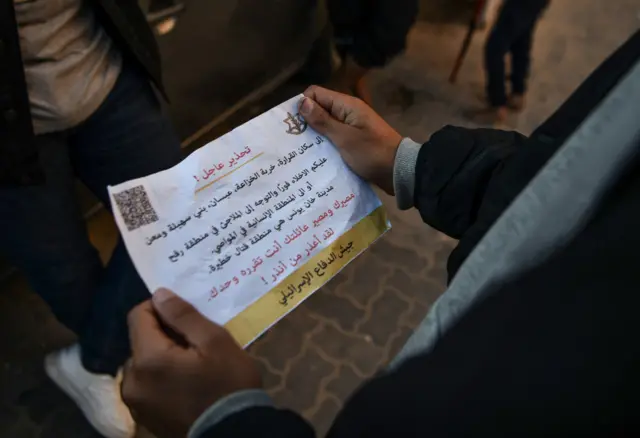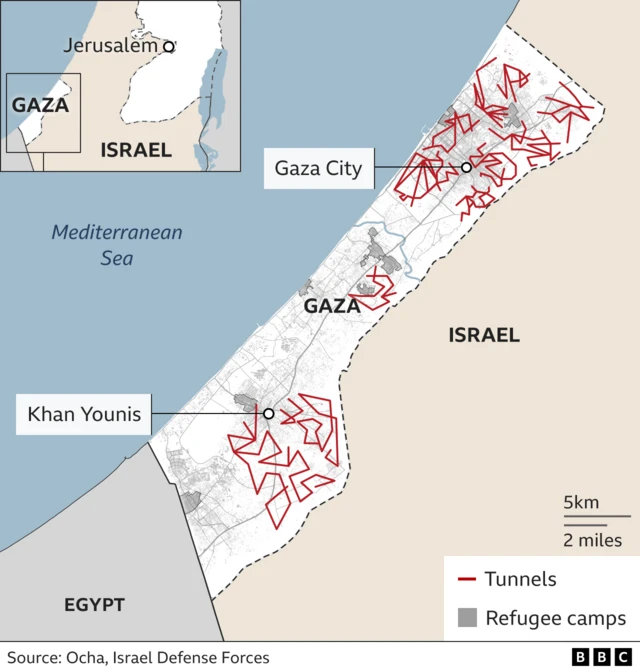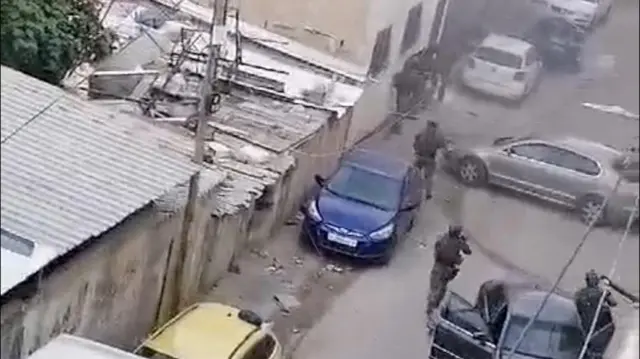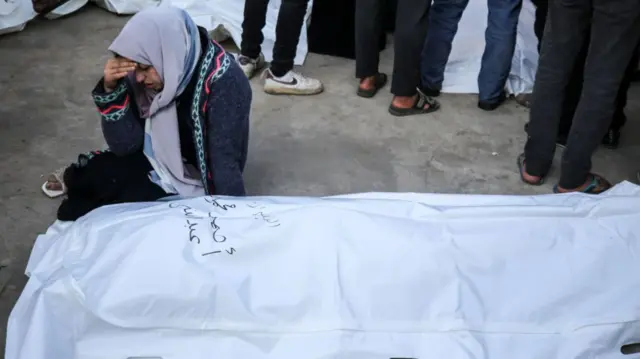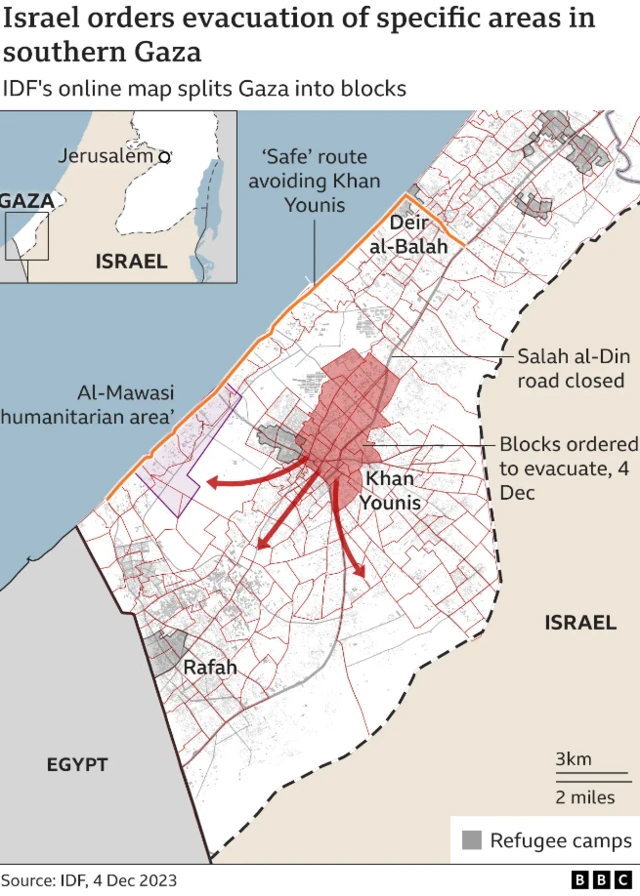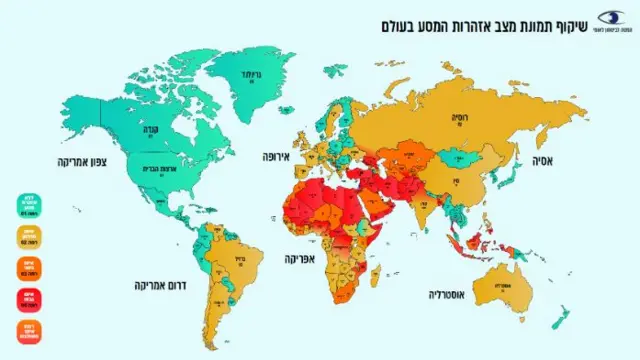Where is Jabalia refugee camp?published at 10:52 GMT 5 December 2023
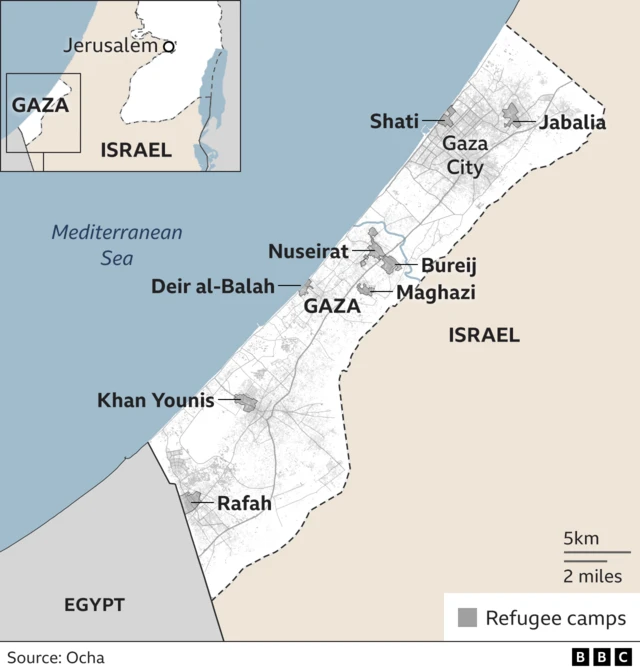
As we’ve been reporting, Israel’s army says its forces are moving deeper into the Jabalia refugee camp in northern Gaza.
The picture of who lives where in Gaza has been difficult to track since Israel launched its retaliatory campaign there after the 7 October attacks by Hamas, and warned residents to leave northern Gaza. However, before the war began, Jabalia was the largest of eight refugee camps in the Gaza Strip.
UNRWA, the UN’s agency for Palestinian refugees, said there were more than 116,011 registered refugees there.
Established after the 1948 war, the camp covers an area of 1.4 sq km (0.8 miles).
In late October, Israel launched an air strike on the camp, which it said killed a senior Hamas commander and caused the collapse of Hamas underground infrastructure.
Dozens were said to have been killed in that strike, and the Hamas-run health ministry in Gaza said many more have been killed in subsequent strikes - including as recently as 3 December.
